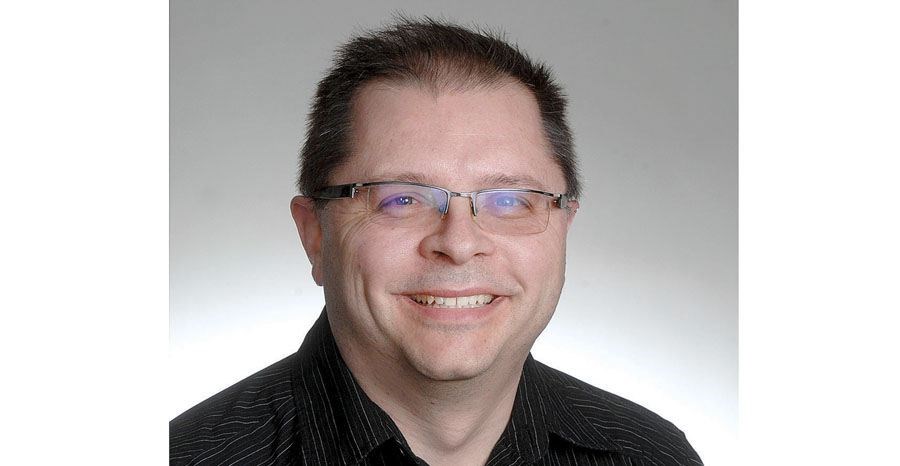Kim Phuc, horribly burned when she was nine-years-old during a napalm attack on her Vietnamese village in 1972, told her Prince George audience Saturday night at the Bob Ewert benefit dinner for the Northern Medical Programs Trust that the most excruciating act was to let go of her hurt.
She endured terrible pain from the attack, 14 months in hospital, dozens of surgeries. She was forced to be a propaganda tool during her 20s for the Communist government before her defection to Canada in 1992. Today, in her early 50s, her injuries force her to actively manage her constant pain.
As hard as all of those things were and are, forgiveness hurt the most because it required her to let go of her pain and anger, to define it for her new life rather than have it define her for the rest of her life. She forgave - in person - the American and South Vietnamese military personnel whose actions contributed to her suffering.
Holding onto the hurt is easy and no one could ever fault Kim if she refused to forgive. She did, however, for selfish reasons. She wanted control of her life and her feelings. To have control would mean to let go of the feelings that would control her if she let them.
She relieved heavily on her Christian faith and particularly the sixth chapter of the Gospel of Luke. "If you love those who love you, what credit is that to you? Even sinners love those who love them." Jesus told his followers. "And if you do good to those who are good to you, what credit is that to you?" He then implored the faithful to "love your enemies, do good to those who hate you, bless those who curse you, pray for those who mistreat you."
By following those words, Kim told the audience she was able to accept that she can't change what happened to her but she can devote her life to helping other child victims of war and speak out on their behalf.
Fortunately, Kim is not the only one able to open her heart to the power of forgiveness. In February, Anne-Marie Hochhalter posted a letter on her Facebook page, excerpted below:
"Dear Sue Klebold, I was injured at Columbine High School in 1999. As you know, your son Dylan, and his classmate, Eric Harris, killed 13 people and then themselves. You are releasing a book called A Mother's Reckoning and are appearing tomorrow on the TV program 20/20 to talk about what happened and what your son did. I have only two instances to form an opinion on you and they are as follows:
1. You and your husband wrote me a letter a few months after I was paralyzed saying how sorry you were. It was genuine and personal. (She quotes the letters in its entirety).
2. Six months after Columbine happened, my mother, Carla, committed suicide. She was already suffering from depression so the shootings didn't directly cause her to do what she did, but it certainly didn't help. It means a lot to me that you wouldn't keep (the proceeds of the book) for yourself, but to help others that suffer from mental illness.
I have no ill-will towards you. Just as I wouldn't want to be judged by the sins of my family members, I hold you in that same regard. It's been a rough road for me, with many medical issues because of my spinal cord injury and intense nerve pain, but I choose not to be bitter towards you. A good friend once told me 'Bitterness is like swallowing a poison pill and expecting the other person to die.' It only harms yourself. I have forgiven you and only wish you the best."
These kinds of public displays of forgiveness earn wide praise, even as they make most people uncomfortable. Rare is the person not holding onto resentment and hate for those that have caused sorrow for much less serious slights. Kim and Hochhalter have certainly not forgotten what happened as their ongoing physical pain serves as a constant reminder. What they have done, however, is risen above that pain and those who caused it. There is already enough hurt in the world and they are trying to reduce that suffering, not add to it with their own.
The irony of Kim's talk was that she was speaking to a room of health care professionals and telling them that the deepest wounds lie beyond the reach of drugs and scalpels to repair. Physical healing is incomplete without the restoration of the soul and there is only one path to inner peace.
"Forgive us our trespasses, as we forgive those who trespass against us," Christ said, when teaching his disciples how to pray.
That's a good place to start on that path.
-- Managing editor Neil Godbout



